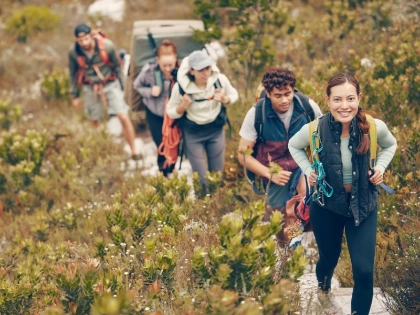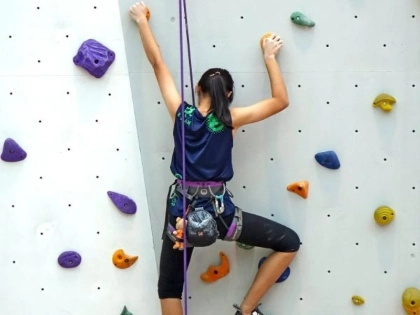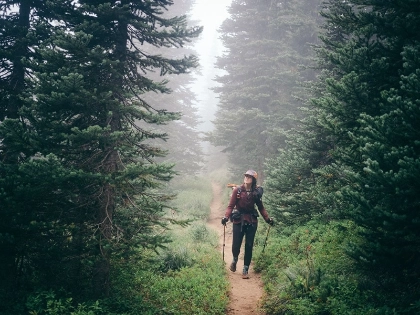Is Hiking Better Than Walking?
Walking is a low-impact workout that strengthens your bones, lowers cholesterol, and lowers blood pressure. Hiking, nevertheless, can elevate your exercise regimen. While hiking, one must navigate uneven terrain that includes puddles, branches, twigs, and pebbles. By doing this, proprioception—the brain's knowledge of the position and movements of the body in relation to its surroundings—is enhanced.
Physical
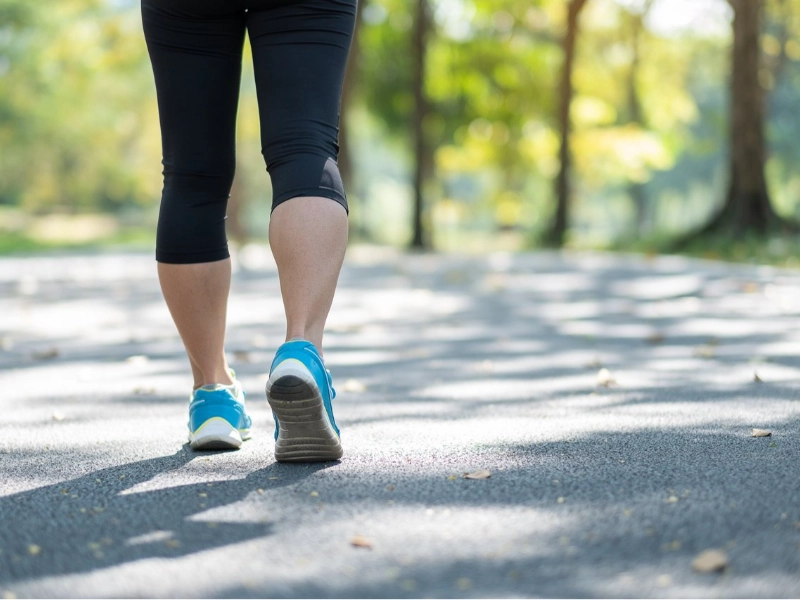
Mental
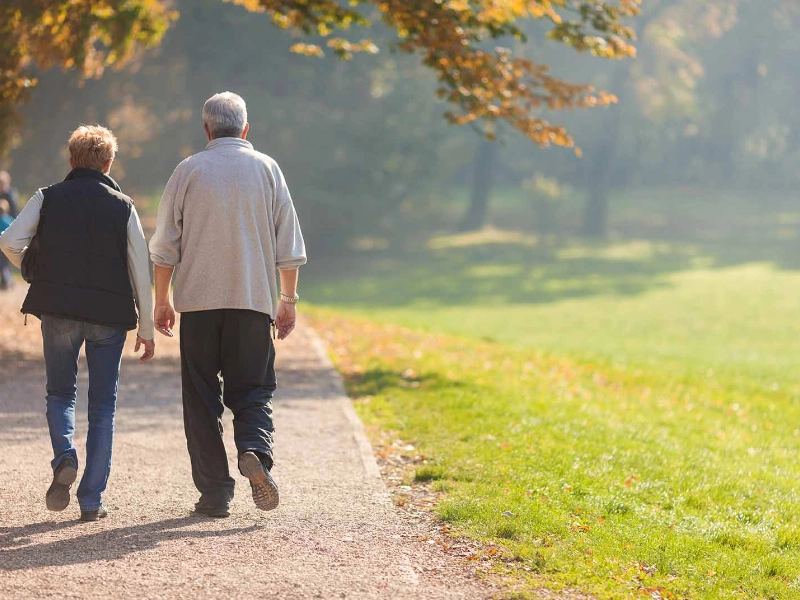 Hiking has several benefits for mental health in addition to physical health. Hiking provides a distraction from the clamor of daily life, which reduces tension and anxiety. You get to experience being completely surrounded by nature, with towering trees, beautiful wildflowers, and soaring birds. In addition to lowering stress, anger, and depressive symptoms, hiking also boosts enjoyment and vitality.
Hiking is a type of aerobic activity that helps improve blood flow throughout the body and release endorphins, which are happy chemicals that are proven to reduce stress. In addition, depending on the kind of trekking you perform, it strengthens your core and upper body. Your core gets stronger when you go up rocky and steep paths where you must maintain your balance.
In contrast to individuals who walked on sidewalks or in busy locations, those who walked for ninety minutes on natural trails displayed decreased activity in a brain region linked to rumination or repeated negative thoughts. This research was published in the Proceedings of the National Academy of Sciences. Walking outside, no matter what kind of ground you're on, is a simple way to feel pleased. Even just taking a stroll through your neighborhood or a nearby park can make you feel happy and healthier if you are unable to travel to the wilderness.
Hiking has several benefits for mental health in addition to physical health. Hiking provides a distraction from the clamor of daily life, which reduces tension and anxiety. You get to experience being completely surrounded by nature, with towering trees, beautiful wildflowers, and soaring birds. In addition to lowering stress, anger, and depressive symptoms, hiking also boosts enjoyment and vitality.
Hiking is a type of aerobic activity that helps improve blood flow throughout the body and release endorphins, which are happy chemicals that are proven to reduce stress. In addition, depending on the kind of trekking you perform, it strengthens your core and upper body. Your core gets stronger when you go up rocky and steep paths where you must maintain your balance.
In contrast to individuals who walked on sidewalks or in busy locations, those who walked for ninety minutes on natural trails displayed decreased activity in a brain region linked to rumination or repeated negative thoughts. This research was published in the Proceedings of the National Academy of Sciences. Walking outside, no matter what kind of ground you're on, is a simple way to feel pleased. Even just taking a stroll through your neighborhood or a nearby park can make you feel happy and healthier if you are unable to travel to the wilderness.
Social
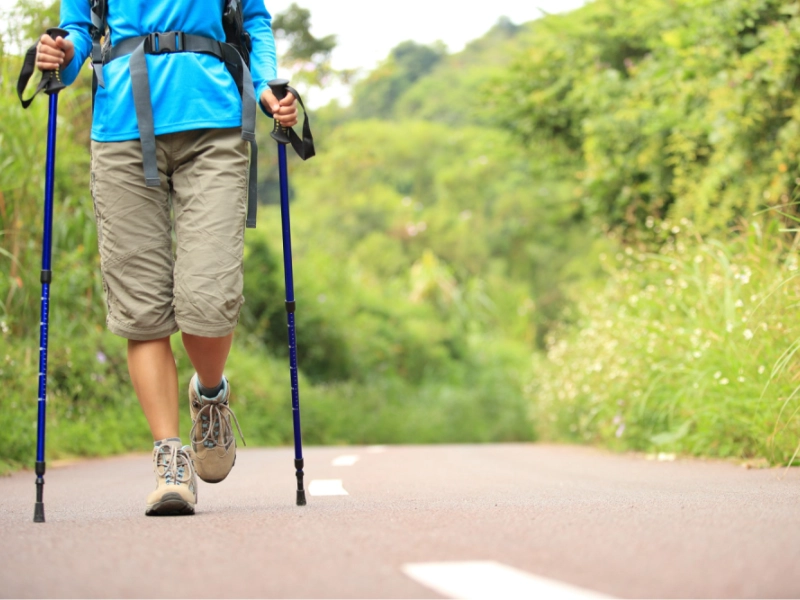 Hiking has several advantages that are sometimes overlooked in the era of hip fitness centers, pricey personal trainers, and sophisticated fitness trackers. Hiking is a potent kind of exercise, nevertheless, according to both scientific studies and health experts.
Walking is usually done on a level surface and is frequently done in urban settings, but hiking can encompass many types of terrain and involve longer treks with predetermined destinations. A typical practice is hiking in groups. Hiking is a terrific way to explore new places with companions and may be a social activity.
Like any physical activity, hiking has mental health benefits. According to research in the Journal of Positive Psychology, spending even a brief period of time outside can boost happiness and reduce stress and anxiety. Particularly, hiking, with its varied terrain and emphasis on balance, obstacle navigation, and keeping an eye on your destination, is good for mental health.
Hiking strengthens the stabilizing muscles, which can help avoid sprains and falls. Additionally, it improves proprioception, the brain's capacity to detect changes in the position and movement of the body, which is an essential ability for hiking on uneven terrain. Reading, talking with friends about ideas, or even just listening to podcasts are all excellent ways to broaden your perspective on the world.
Hiking has several advantages that are sometimes overlooked in the era of hip fitness centers, pricey personal trainers, and sophisticated fitness trackers. Hiking is a potent kind of exercise, nevertheless, according to both scientific studies and health experts.
Walking is usually done on a level surface and is frequently done in urban settings, but hiking can encompass many types of terrain and involve longer treks with predetermined destinations. A typical practice is hiking in groups. Hiking is a terrific way to explore new places with companions and may be a social activity.
Like any physical activity, hiking has mental health benefits. According to research in the Journal of Positive Psychology, spending even a brief period of time outside can boost happiness and reduce stress and anxiety. Particularly, hiking, with its varied terrain and emphasis on balance, obstacle navigation, and keeping an eye on your destination, is good for mental health.
Hiking strengthens the stabilizing muscles, which can help avoid sprains and falls. Additionally, it improves proprioception, the brain's capacity to detect changes in the position and movement of the body, which is an essential ability for hiking on uneven terrain. Reading, talking with friends about ideas, or even just listening to podcasts are all excellent ways to broaden your perspective on the world.




